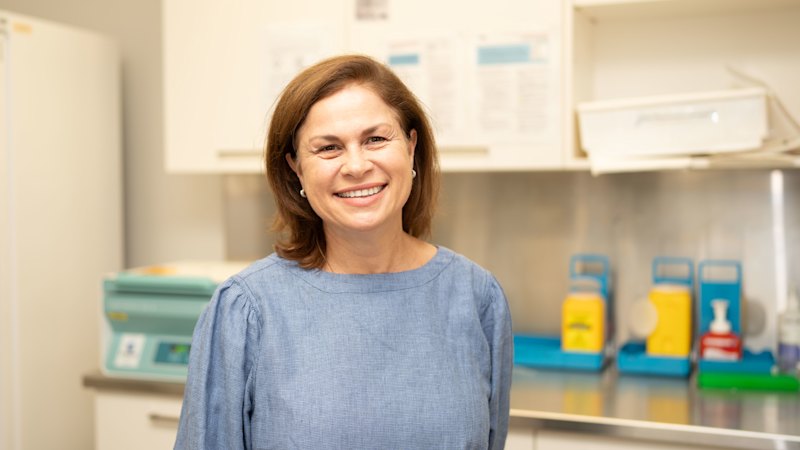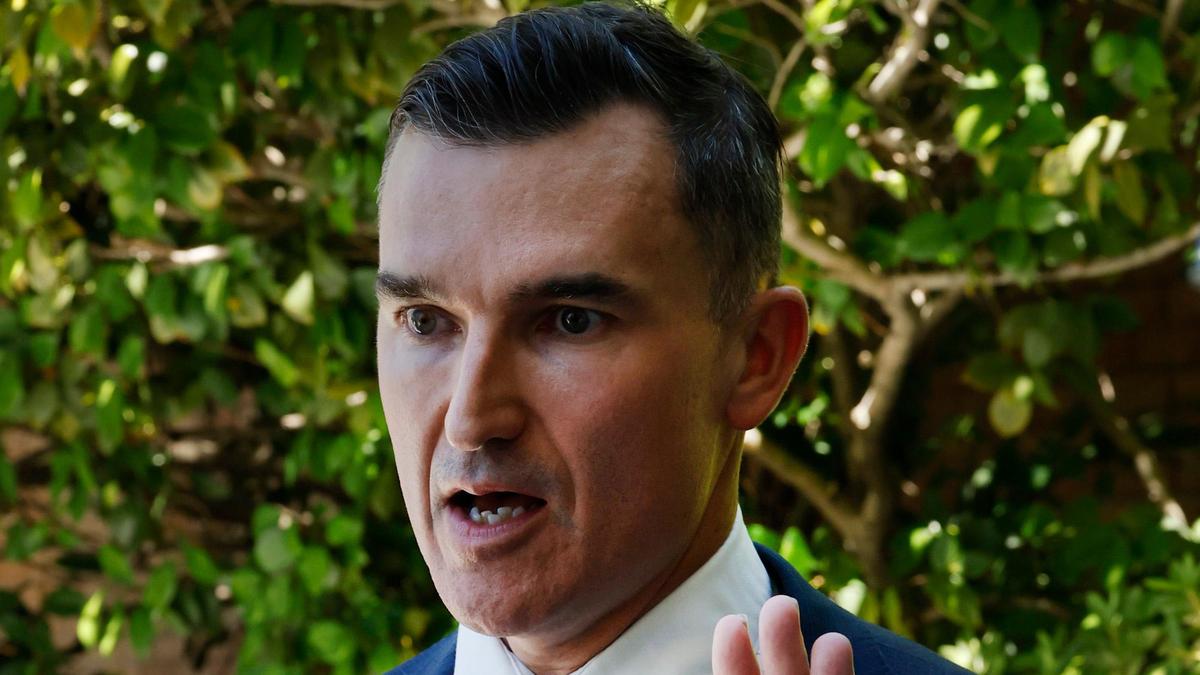
Natalie Bradford, a dedicated paediatric cancer nurse for over 15 years, found herself at a pivotal crossroads in her career following a poignant experience with a young patient. Her journey, marked by both uplifting moments and profound sorrow, has led her to advocate for improved care for childhood cancer survivors.
During her career, Bradford often reflected on a young girl named Amy, who captured her heart. Amy, just ten years old, learned her cancer was incurable. In a moment of remarkable courage, she reassured Bradford, saying, “It’s OK. You don’t need to be sad because when I die, I’m going to become the sunburst that you see through the clouds.” This memory remains vivid for Bradford, symbolizing the resilience and unique perspectives that children bring, even in the face of terminal illness.
Bradford began her nursing career at the Royal Brisbane and Women’s Hospital in the early 1990s. After completing a rotation in paediatrics, she was drawn to the children’s cancer ward, where she felt a strong urge to support families during their most challenging times. “People go into nursing because they inherently want to help,” she explained. Over nearly two decades, she witnessed both the triumphs of successful treatments and the heartache of losing young patients, with around 15 percent of children not surviving cancer.
Amy’s family spent nine months in Brisbane during her treatment, and the emotional toll it took on them fueled Bradford’s desire to enact change within the healthcare system. Eventually, the weight of her experiences led Bradford to transition from nursing to research. “At the time, I didn’t realise that I was having symptoms of burnout,” she said, recalling a funeral she attended for a child she had cared for, which prompted her to reflect on her own family.
In her new role, Bradford remained connected to clinical work while shifting her focus to the long-term effects of childhood cancer. Her research over the past twenty years has concentrated on survivorship and leveraging technology to enhance patient outcomes. In 2023, she received a three-year funding grant from The Kids’ Cancer Project for a program called RECOVER, aimed at addressing the lasting impacts of childhood cancer treatment.
Studies from the UK, US, and Europe indicate that 80 percent of childhood cancer survivors are likely to face chronic health conditions by the time they reach their 30s and 40s. In Queensland, the closure of a late effects clinic at the Queensland Children’s Hospital has left survivors without vital support services. The state’s ambitious $1.1 billion cancer centre in Herston has also faced delays of at least three years, further complicating access to necessary care.
Determined to effect change, Bradford emphasizes the need for a shift in how childhood cancer is viewed. “For a long time, cancer has been treated as an acute disease,” she said. She advocates for a comprehensive approach that considers the survivor’s journey from diagnosis to long-term recovery. “When somebody is diagnosed with cancer, we’ve got to start thinking right from that point onwards about what they’re going to need in survivorship.”
Bradford’s journey reflects a deeper commitment to transforming the landscape of childhood cancer care, aiming to ensure that young survivors can reach their full potential and contribute meaningfully to society. Her story serves as a powerful reminder of the importance of compassion and innovation in healthcare, especially for those who have faced unimaginable challenges at a young age.






